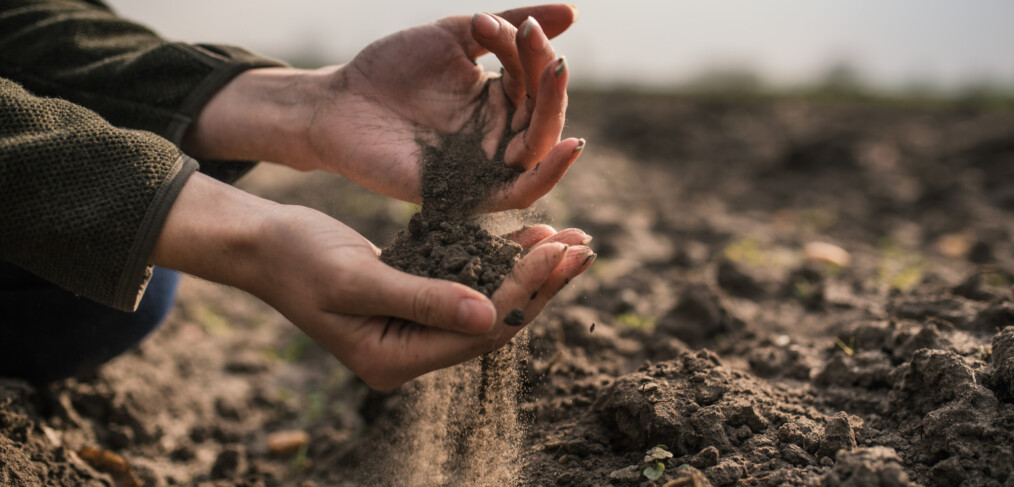
State of the soil 2024: Another livelihood at risk
Today, the Joint Research Centre of the European Commission and the European Environment Agency released the State of Soils 2024. This report assesses the state of soil degradation in the European Union and neighboring countries such as Ukraine, Turkey, and the Western Balkan states. The findings show a significant deterioration of soils, with annual erosion amounting to 1 billion tons of soil in the EU alone. This erosion leads to a decrease in agricultural productivity, affects water storage, and contributes to biodiversity loss. Approximately 24% of soils are affected by water erosion, while nutrient imbalances impact 74% of agricultural land. The report underscores the urgency of immediate action to improve soil health and strengthen climate protection.
Jutta Paulus, environmental policy spokesperson for The Greens/EFA group in the European Parliament, comments:
“Just like elite athletes, soils need a healthy foundation to perform at their best. Instead of resorting to short-term doping methods to maximize production, we should focus on strengthening soil health in the long run. Over-fertilization, increasingly heavy machinery, pollutants, and increasingly the effects of the climate crisis are causing dramatic losses of humus. Our long-term food security hangs by a thread—if we do not change course.
This is already the third bad news for the EU within a week. First, the European Environment Agency criticized the failure of member states in the water status report, followed by sharp criticism from the European Court of Auditors regarding the uncoordinated approach to combating climate change. With the sobering soil status report, it is once again clear that the politics of short-term profit maximization leads to long-term damage.
The UN Biodiversity Conference currently taking place in Colombia highlights once again why it is so important to protect our soils. They play a central role in biodiversity and nature-based climate protection. Nature-based solutions such as targeted humus development, sustainable agriculture, and reforestation offer effective approaches to improving soil quality and curbing biodiversity loss. By strengthening the health of our soils, we not only secure food production for future generations but also ensure a diverse and more resilient ecosystem.
Yesterday, the Environment Committee voted to initiate trilogue negotiations on the Soil Health Law. I expect that the new findings will influence the negotiations.”
Background on Humus:
Humus is crucial for climate protection as it acts as a carbon sink, storing greenhouse gases while simultaneously promoting biodiversity by creating fertile habitats for plants and microorganisms. It ensures food security by enhancing soil fertility, thereby supporting healthy harvests.
